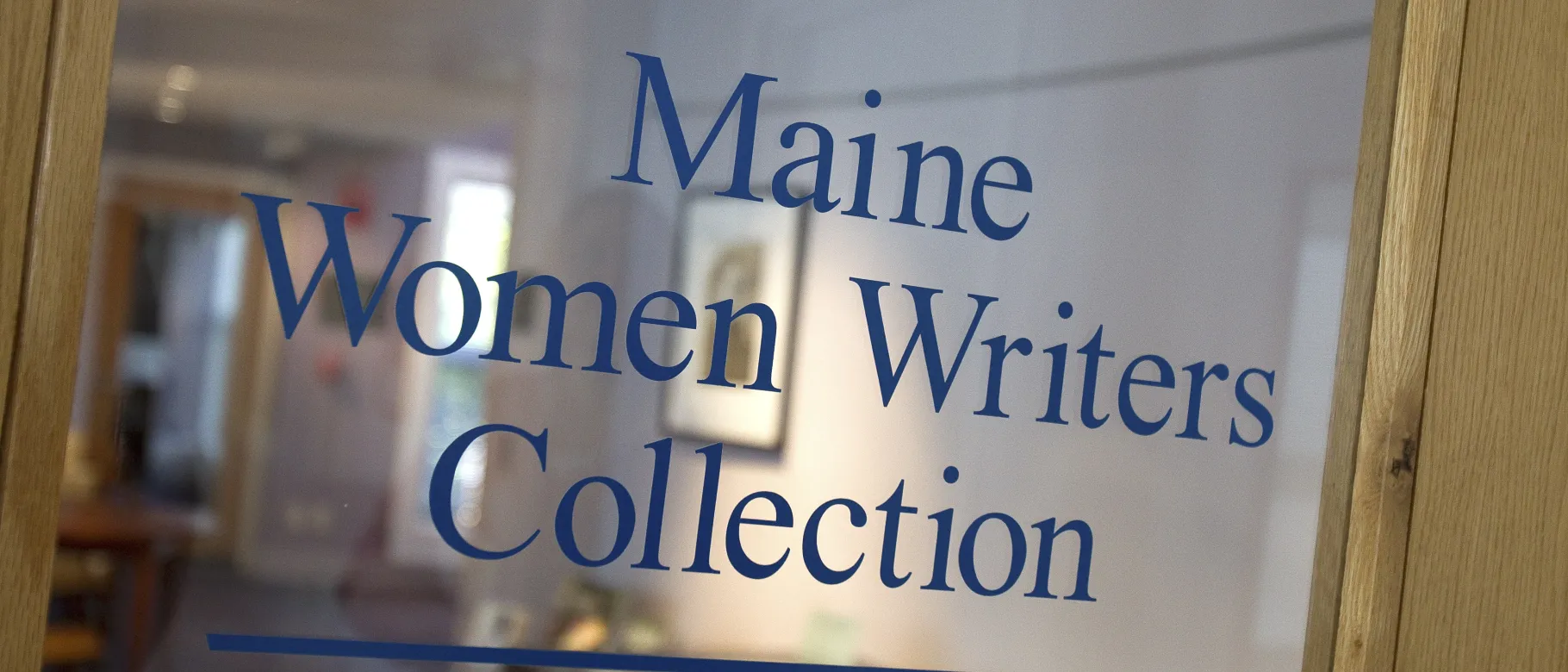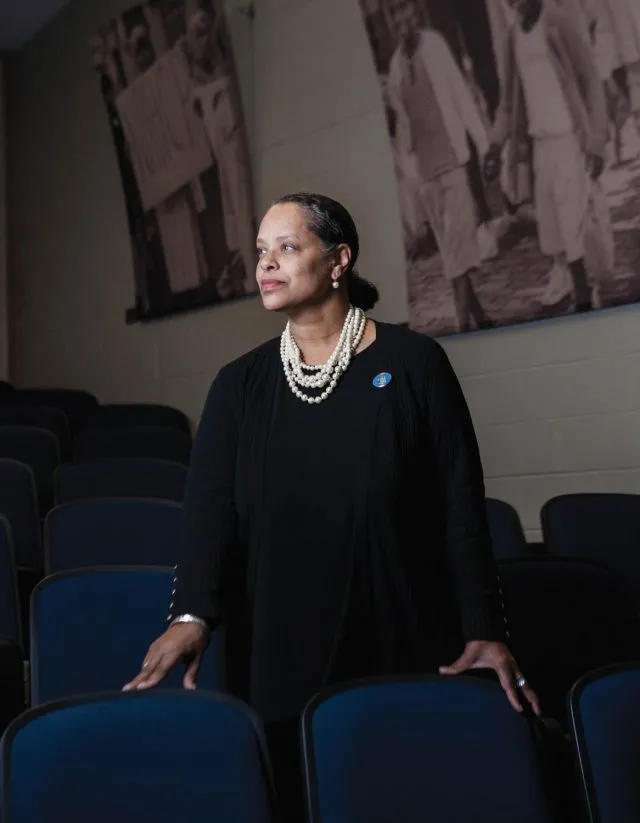Rep. Rachel Talbot Ross and Penobscot Ambassador Maulian Dana discuss tribal rights, equity at Donna M. Loring Lecture

About 100 members of the University of New England Community gathered virtually for the annual Donna M. Loring Lecture, hosted by the Maine Women Writers Collection (MWWC) at UNE, on Wednesday, Oct. 6.
UNE welcomed Loring, Penobscot elder and former representative to the Maine Legislature, as well as Maine State Rep. Rachel Talbot Ross, assistant house majority leader of the Maine House of Representatives, and Maulian Dana, Penobscot Nation tribal ambassador, as speakers for the event.
The annual event addresses current or historic Native American or aboriginal issues and Indigenous rights, as well as women’s issues, civil rights, and issues of fairness and equality as they overlap with the concerns of tribal peoples. In 2009, Loring entrusted UNE and the Maine Women Writers Collection with her personal, professional, and literary papers and worked with the MWWC to institute the lecture series.
This year’s event, “Racial Justice in Maine State Policy: Understanding the Permanent Commission on the Status of Racial, Indigenous, and Tribal Populations,” featured a conversation between Loring, Talbot Ross, and Dana about the purpose and progress of the Permanent Commission since its establishment two years ago and the urgent matters it plans to take up this fall.
The Permanent Commission was established in 2019 to examine systemic racial disparities in Maine and advise all three branches of Maine government on public policy changes that would make racial equity a central consideration in Maine lawmaking. Talbot Ross and Dana serve as co-chairs.
“This commission is really historic in Maine policy making,” said Loring, noting that, in addition to advising all three branches of state government, the Permanent Commission also has in its membership representatives from all of Maine’s federally recognized tribes and serves as a think-tank for people of color in Maine.
“One of my primary motivations was to try to institutionalize a process that would examine disparities and then have the ability to move them forward,” Talbot Ross said of her decision to enter the Maine Legislature and her motivation for establishing the Permanent Commission. “The Permanent Commission is a very powerful and necessary tool, and there is nothing like it in the history of the state.”
Dana said the permanent commission is unique because each tribe within the Wabanaki Confederacy has a seat, and each representative can bring their distinct experiences to the table in decision-making and policy review.
“In a commission where you’re looking at the experience of marginalized communities, there is the need for each community to have a voice,” Dana said. “It’s not a secret that the history between the state of Maine and the tribes is tense, chaotic, and often in litigation. Every day, I am very aware of the tense nature of this relationship. … The commission is great because it is empowered with the tools to advance our shared and unique interests without giving up our self-determination and self-governance.”
In the next Legislative session, the Permanent Commission will review several bills related to Indigenous land rights; access to prenatal care, particularly for people of color; the removal of offensive and racist names from state islands; and codifying restorative justice in the criminal code.
About her experience as co-chair of the Permanent Commission, Dana said it has been rewarding to work with her fellow commissioners toward common goals.
“People of color in Maine have been oppressed and marginalized and silenced. Coming together to elevate all of our voices is something really special, and I’m honored to be a part of it,” she remarked.
Talbot Ross said the Permanent Commission was a commission on truth — one that tells the true stories of Maine’s people of color and bringing about change.
“We are on a mission to tell the truth, to let that truth guide us into a new reality and, in some ways, restore reality,” she said. “That’s the business we’re in: truth telling to lead to justice.”


